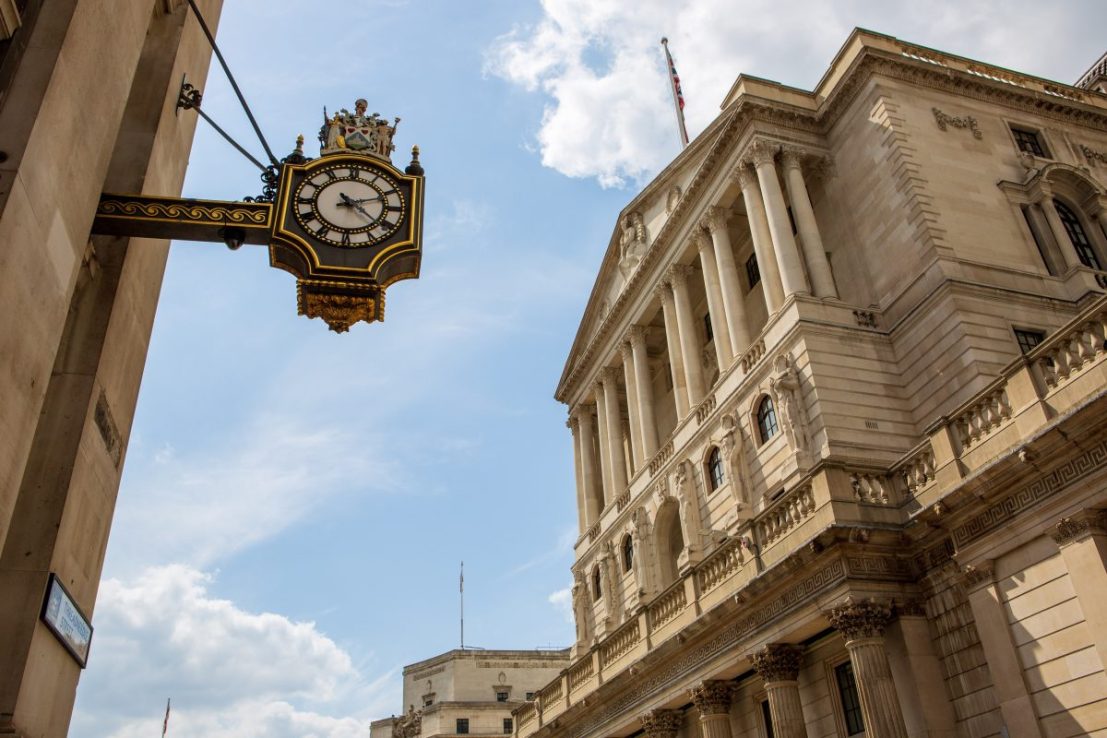Bank of England survey: Wage growth expectations ease in boost for interest rate cut hopes
Persistent wage growth has been a major concern for the Bank as it considers when to start lowering interest rates.


Finance chiefs at UK firms expect wages to rise at their slowest pace in nearly two years over the coming 12 months in a boost to the Bank of England’s rate cut hopes.
Wages are expected to rise by 4.7 per cent in the next year, according to chief financial officers surveyed by the Bank’s decision maker panel, down from February’s estimate of 4.9 per cent.
That means wage growth expectations are at their lowest level since May 2022, when the question was first put to CFOs.
The survey showed that realised wage growth in the year-to-March fell to 6.1 per cent, down from 6.5 per cent in February, putting annual pay growth at its lowest level since late 2022.
Persistent wage growth has been a major concern for the Bank as it considers when to start lowering interest rates.
Even though inflation is now approaching the two per cent target, official figures show that wage growth is running at over six per cent. This is more than twice the level that Bank officials consider to be consistent with the target.
Rate-setters are concerned that high levels of wage growth could fuel persistent inflation, particularly in the labour-intensive services sector. Services inflation still stands at over six per cent.
Minutes from the most recent Monetary Policy Committee (MPC) meeting showed that more hawkish members of the committee would have to see further progress on wage growth before backing cuts.
“Wage growth remained too high and was expected to moderate only slowly,” the minutes said.
Alongside wage growth, there was further good news in the Bank’s survey when it came to inflation.
Expected price growth over the coming year came in at 3.7 per cent in March, down from over four per cent in February and the lowest level since the summer of 2021.
The Bank’s survey covers prices charged across the whole economy, not just in consumer-facing firms.
With inflation firmly on a downward path, and expected to fall below two per cent in April, markets expect the Bank of England will start to cut interest rates in June.



